Yet another day filled with amazing moments has come to an end! Day two of the Data Innovation Summit marked the conclusion of an unforgettable event! Just like the exciting kickoff yesterday, today was packed with even more incredible insights and networking opportunities.
As we wrap up this final day, let’s come together to not only celebrate the highlights but also cherish the connections we’ve built.
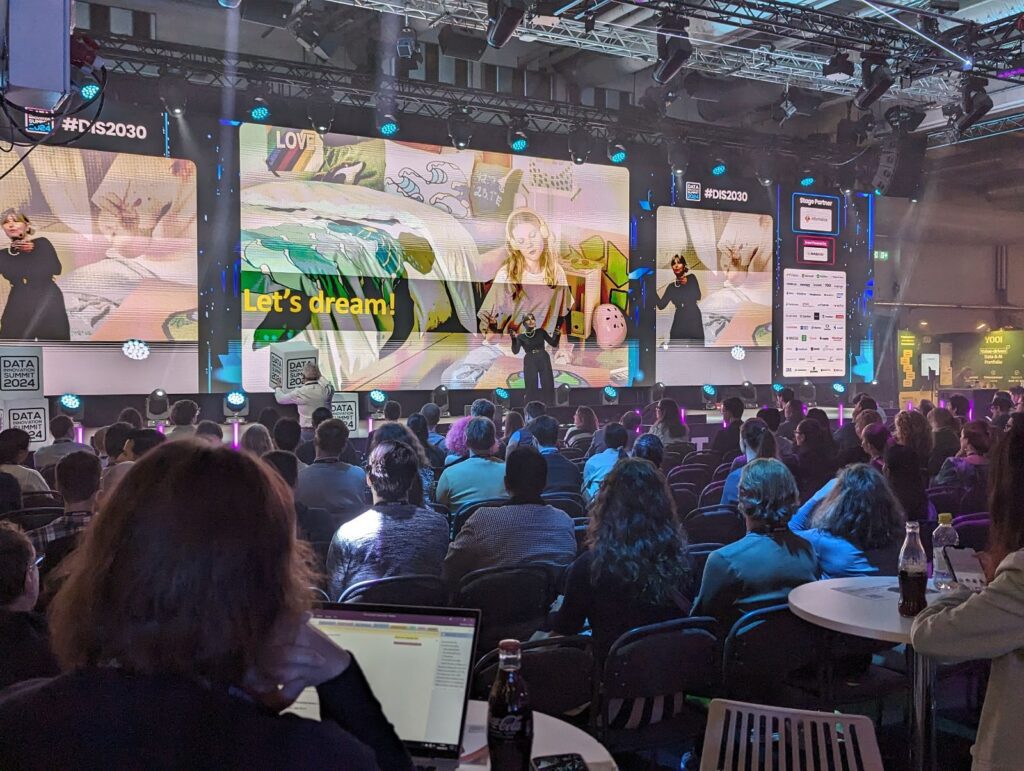

Insights from the Stages
P1. Keynotes & Opening and Closing Stage
In his opening remarks on day two, Henrik Göthberg stressed the importance of balancing autonomy and order to scale. Göthberg provided insights on scaling while empowering individual autonomy within organizations. Moreover, keynote speakers took the stage to share industry best practices for accelerating data and AI transformation. First, Caitlin Halferty from Ericsson, provided CDO insights. Next, Toby Balfre from Databricks, introduced DBRX: a new open LLM. Lastly, Uthman Ali from BP, presented on the ethical dilemmas of frontier technology.
M1. Machine Learning & Generative AI
Filipp Fisin from Nebius AI dived into infrastructure resilience in multi-node LLM training, emphasizing the importance of failing fast and recovering faster. Leif Nordlund from Lenovo, Carl Moberg from Avassa, and Terje Lindholm from Arrow AI Lab EMEA, spoke on the power of AI models with Nvidia and Lenovo. Aayush Mudgal from Pinterest shed light on personalization with large models. Jake Bengtson from Cloudera introduced Generative AI for the Enterprise, showcasing Cloudera’s approach.
Aditya Guglani from Meta provided an overview of large-scale recommender systems and their significance. Ekaterina Sirazitdinova from NVIDIA shared insights into achieving peak performance in generative AI with speed. Didac Fortuny from Adevinta discussed the extraction of value from text and raised the question: Are LLMs always the best solution? Trine Engelund from JP/Politiken Media Group concluded the stage by presenting their approach to news classification using LLMs and building evaluation datasets.
M2. Data Engineering & DataOps
Karri Linnoinen from Nordic Investment Bank, discussed the evolution of the data platform from legacy to cloud at the bank. Abona Robles-Nordling from UPM – Biofore Company, and Jonni Henttinen from Kaito Insight, shared insights into modern Data Ops at UPM, focusing on creating business value with data in a global enterprise. Konstantina Christakopoulou from Google DeepMind presented ALLY: Large Language Models for Companion Recommenders, exploring the application of LLMs in recommendation systems.
Marte Kjelvik and Jørgen Brenne from the Norwegian Institute of Public Health (NIPH) shared insights into health data integration, focusing on data automation and smart collaborative strategies for successful data integration and delivery. Korina Kuhar from Nexi Group discussed the persistence of problems with data and how they are now addressed with contractual agreements. Michelle Tabirao and Andreea Munteanu from Canonical explored the use of open source tools for DataOps and MLOps. Aditya Jain from Meta Platforms presented on running large language models on a single GPU. Alessandro Romano from Kuehne+Nagel concluded the stage by discussing Pandas, Polars, and the DataDrame Consortium.
M3. Modern Data Platform
Johanna Kruckenberg Turén from Handelsbanken discussed making data ready for AI applications. Oddmar Lid from Norsk Hydro, and Mogens Leung Madsen from One Consultants, presented on SAP DataSphere in a multi-platform data mesh environment at Norsk Hydro. Rakesh Singh from ABN AMRO Bank N.V. explored the role of AI in the evolution of data management. Miguel de Luna from Google Cloud examined the impact of generative AI on traditional data architectures. In an interview with Sina Nek Akhtar, Tech Lead, deeper experiments and next-generation AI were discussed.
Christoph Spohr from Volkswagen AG discussed the implementation of the VW Group Data Mesh. Ziye Wang from One Data discussed building the foundation for an AI-powered future with data products. Charanya Thangaraj from Volvo Buses shared insights on elevating your data game. Sudharshan Ravi from Volvo Penta AB provided guidance on building a business-owned data and AI strategy, outlining Volvo Penta’s digital and data journey.
M4. Modern Data Strategy
Ole Olesen-Bagneux from Zeenea discussed how Zeenea mirrors the Data Mesh, unraveling the benefits of an Enterprise Data Marketplace with a federated knowledge graph. Daniela Kato from Zalando SE shared insights from three data governance programs, detailing the journey to becoming a data-driven company. Andreas Håkansson from PwC Sweden emphasized the importance of putting people at the heart of your data strategy. Winfried Adalbert Etzel and Lukas Mosser from AkerBP discussed navigating through the “fog of war” in data and AI strategy.
Jorgen Fogh Hansen from Novo Nordisk explained why data has become a top priority for the company, focusing on drugs, diagnostics, devices, digital, and data. Garima Singh from Ingka Group at IKEA presented a data strategy for delivering ultimate value. Mercedes Pantoja from E.ON discussed how to build an intelligent data strategy to accelerate data and AI innovation.
M5. Business & Data Analytics
Nick Barth from Microstrategy discussed boosting business efficiency and conquering analytics debt with MicroStrategy AI. Simon Harmark and Aleksandrs Bogdanovs from ICA Gruppen shared insights into their automation and AI journey, with a dive into generative AI. Xavier Gumara Rigol from Oda presented lessons learned and best practices from their online experimentation journey.
Simon Lidberg from Microsoft introduced Microsoft Fabric as the data platform for the future. Zhanna Azizova from Bolt provided a guide on empowering business with data, with proactive data analysis. Juha Vesanto and Pekka Vuorio from Brightly Works Oy discussed scaling up the data and analytics community, outlining its components and presenting a case study on OP Financial Group. Gabor Harsanyi from Ericsson AB delved into the ROI of marketing analytics. David Stephenson from DSI Analytics and University of Amsterdam explained how responsible AI helps analytics programs deliver more value.
M6. Data Science & AI Strategy
Christian Andersen from Altair AB outlined a clear path to modernization, focusing on future-proofing data analytics infrastructure. Mic Hussey from Confluent discussed unifying operations and analytics. Jukka-Pekka Salmenkaita from Elisa presented a case study on the AI-first renewal of critical infrastructure operations, focusing on Elisa DES.
Dan Galavan, an independent data architecture consultant, provided insights into building data modeling expertise using SqlDBM and Snowflake. Anastasia Varava from SEB/SEBx discussed accelerating generative AI adoption in the financial industry. Aditya Garg from Tesla shared strategies for optimizing EV charging infrastructure from first principles. Hugo Fitipaldi from Lund University unveiled COVID-19 dynamics in Sweden through large-scale data analysis from the COVID Symptom Study. Rasmus Thornberg from Tetra Pak emphasized that usage is the first and last step on the path to value.
M7. Industrial Analytics & AI
Christer Ahlström from the Swedish National Road and Transport Research Institute (VTI) discussed advancements and challenges in driver monitoring systems. Lakshmi Sankarappan and Prasanta Bhowmik from Vattenfall AB explored discovering hidden data insights, empowering data exploration through cutting-edge technology. Thor Steen Larsen from Danske Statsbaner (DSB) presented on AI watching out for trains, focusing on computer vision for train operations and maintenance.
Dr. Diego Galar, a professor at Luleå University of Technology (LTU) and representative from Sisteplant, explored the autonomous frontiers, discussing the future of navigating with cognitive digital twins in the industrial metaverse. Stefan Ekberg from Södra Skogsägarna presented on optimizing the value chain with Gen AI, focusing on the Södra Flight Tower.
Davide Raffaele from Mondi Group discussed enhancing paper industry efficiency with AI-powered insights. Klaas Dobbelaere from Electrolux shared the journey to data-driven manufacturing excellence at Electrolux. Eligijus Bujokas from ID Vilnius presented on using computer vision to improve Vilnius.
M8. Applied Innovation & Responsible AI Innovation
Nima Ghorbani from Swedbank TBA, and Oskar Eriksson and Rajiv Shah from Snowflake, discussed opportunities, challenges, and risks associated with GenAI. Sara Ratner from Oxford explored AI for education, focusing on developing guidelines for the use of AI-generated content. Nicolas Averseng from YOOI presented on data and AI products at scale, highlighting the importance of demonstrating value, tracking risks, and ensuring compliance through the StratOps approach.
Anca Iordanescu from Ingka Digital, IKEA, discussed empowering customer conversations with SagaAI’s insights and recommendations. Thomas Lidy from Proper Group explored emotion-aware AI for the music industry. Alex Moltzau from NORA presented on purchasing green AI. Tove Mylläri from Yle delved into digital twins and synthetic voices.
M9. Databases & Data Quality
Joe Steadman from Matillion and Anoop Sharma from LTIMindtree discussed data-driven business value by transforming data and ETL legacy to modern data cloud on Snowflake & Matillion powered by automation & AI. Dr. Christian Kurze and Stefan Stricker from TGW Logistics Group presented on digital twins and generative AI, highlighting how TGW revolutionizes warehouse operations with CrateDB’s time series, documents, and vectors.
Mina Alibeigi from Zenseact presented on Towards Zero Faster with Zenseact Open Dataset, discussing their approach. Richard Adams from erwin, Inc. explored building trust in data products through data cataloging, lineage, compliance, and data quality. Lennart Hedlund from Svenska Handelsbanken discussed how data domains, data products, and data mesh can work if correctly architected. Jussi Ahtikari and Mostafa Aghajani from Virta shared insights into building a global platform for electric vehicle charging. Swati Anand from Infomedia delved into knowledge graphs and LLMs. Boris Gordeev from Revolut discussed building services and pipelines for real-world data.
Day 2: Another Amazing Wrap-Up!
What a journey it has been! Day two brought even more energy, knowledge sharing, and fantastic networking opportunities! Just like day one, it was an unforgettable experience!

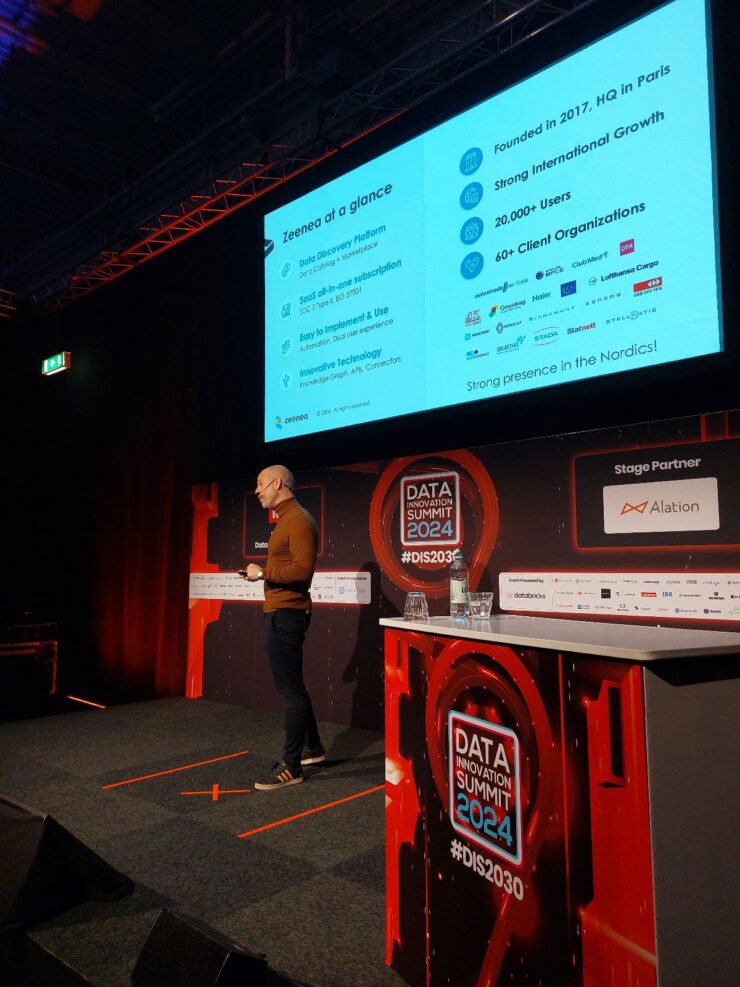
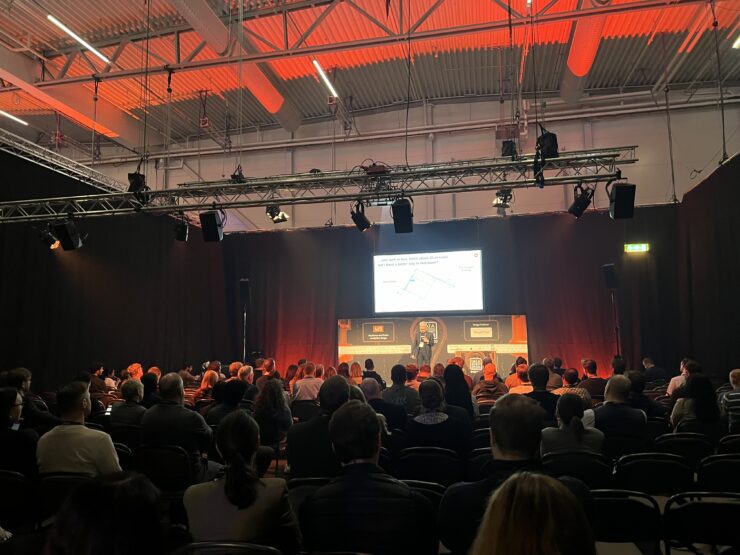
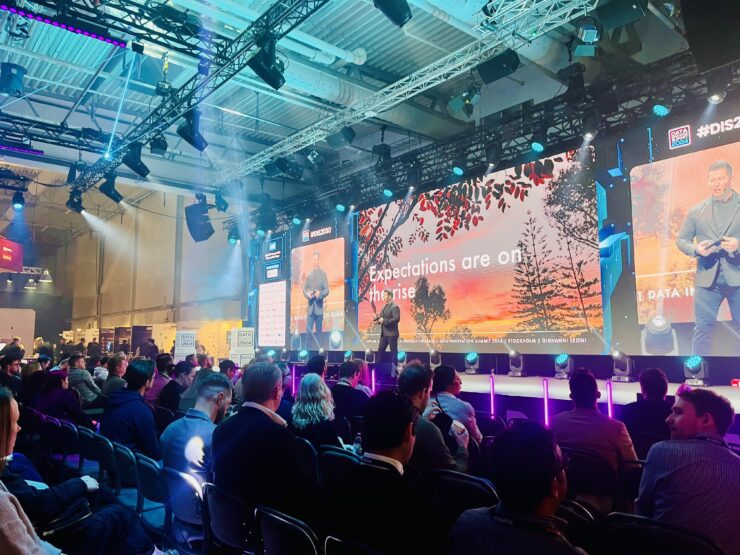
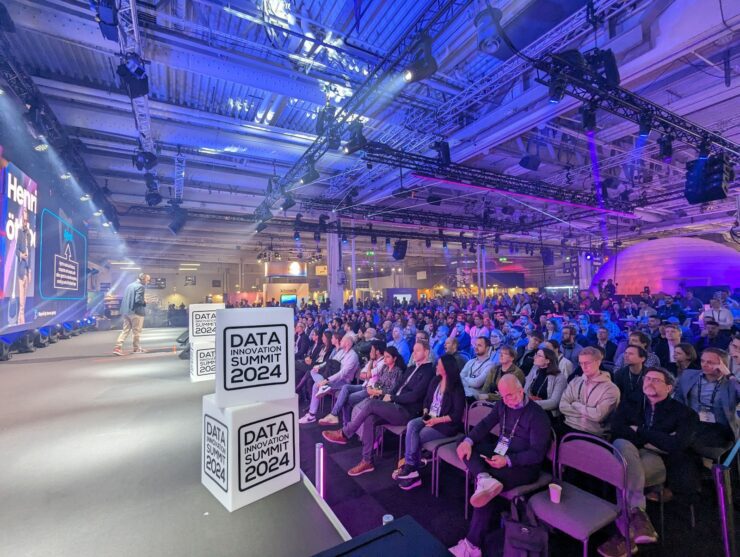
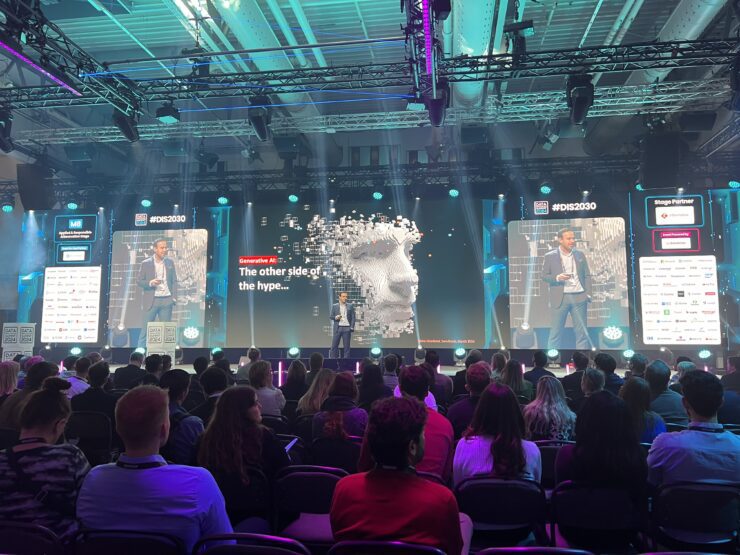
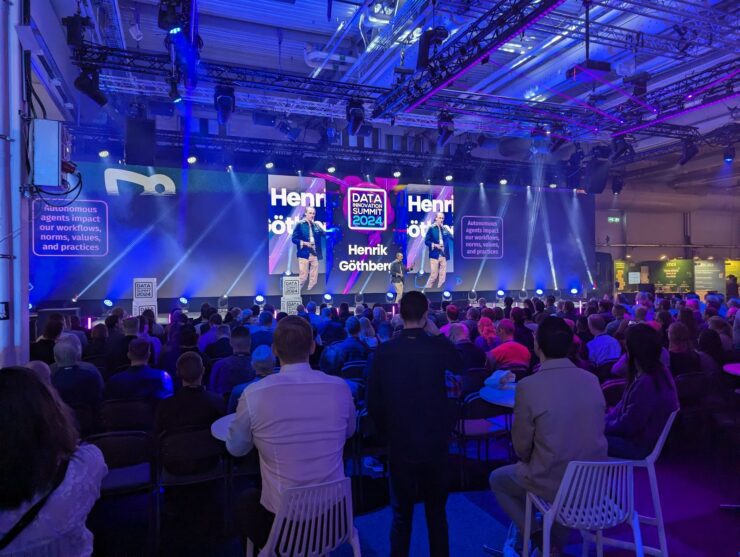
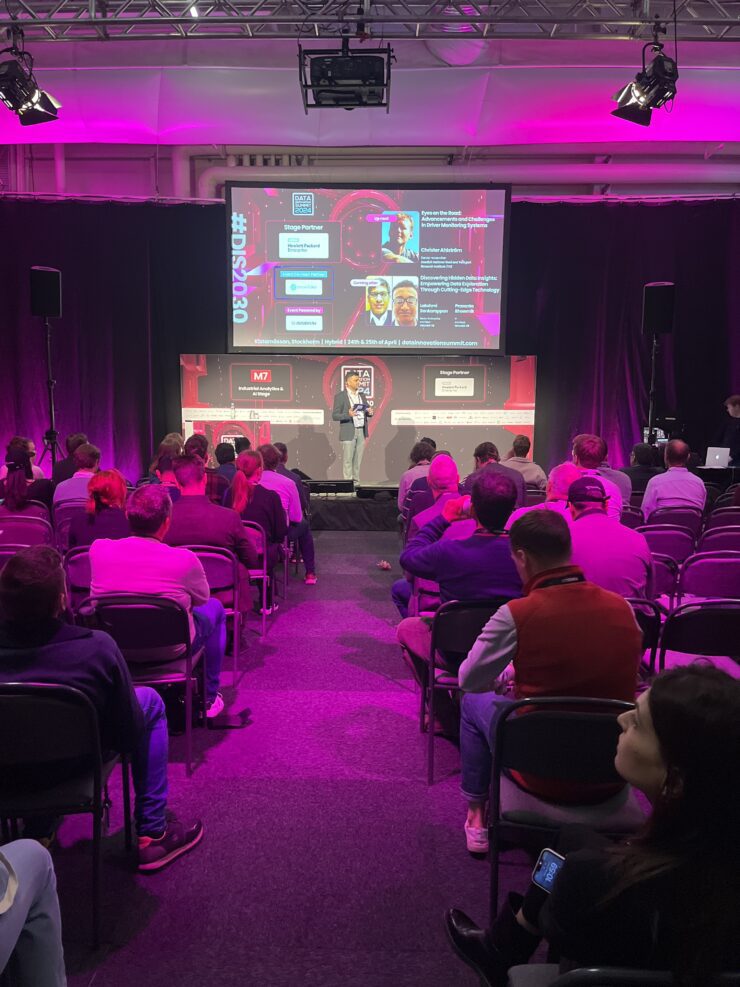
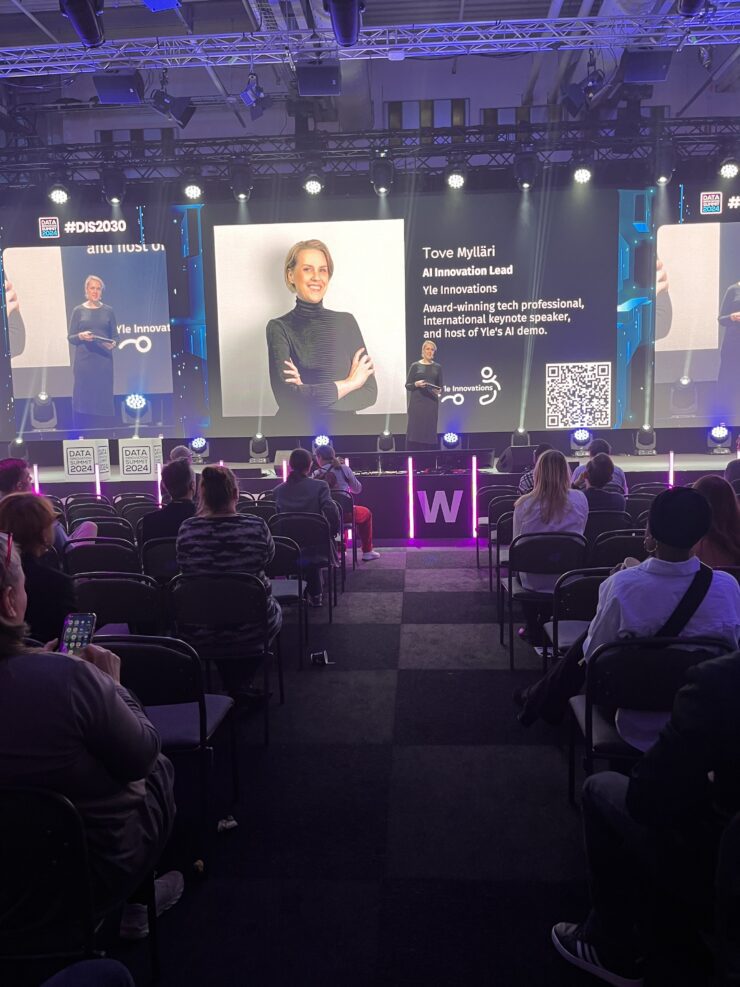
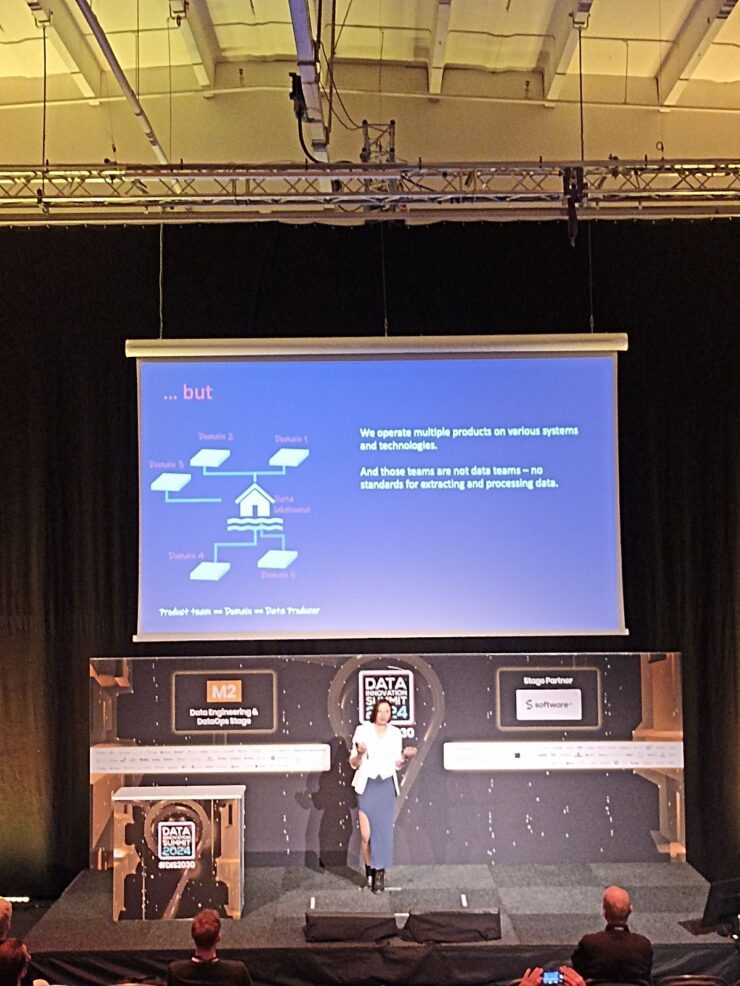
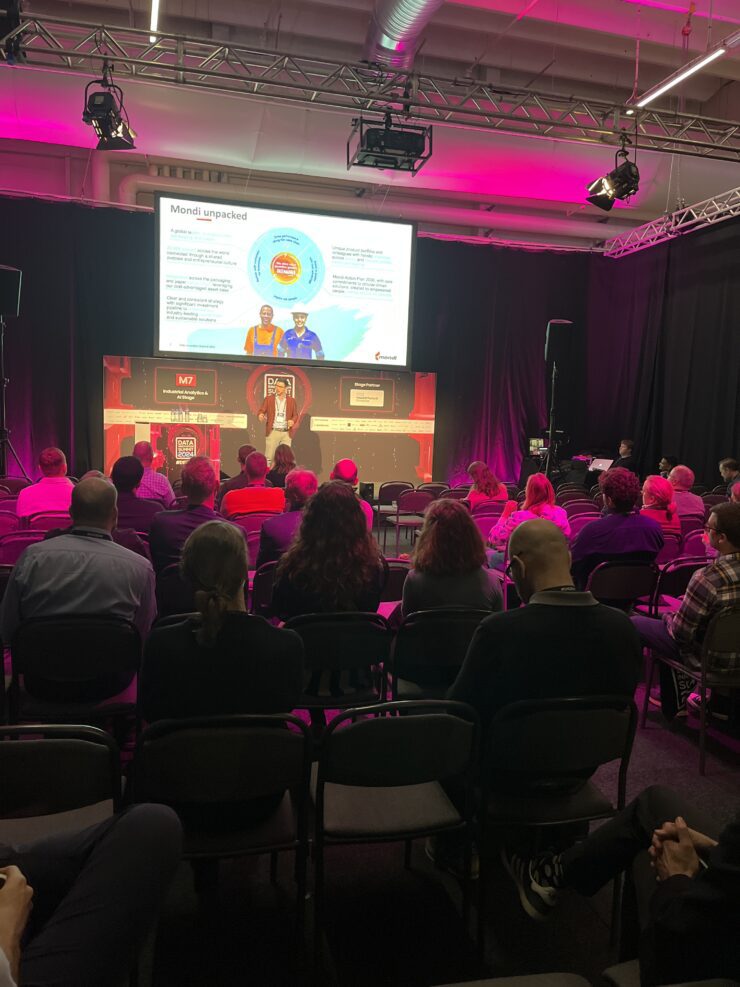
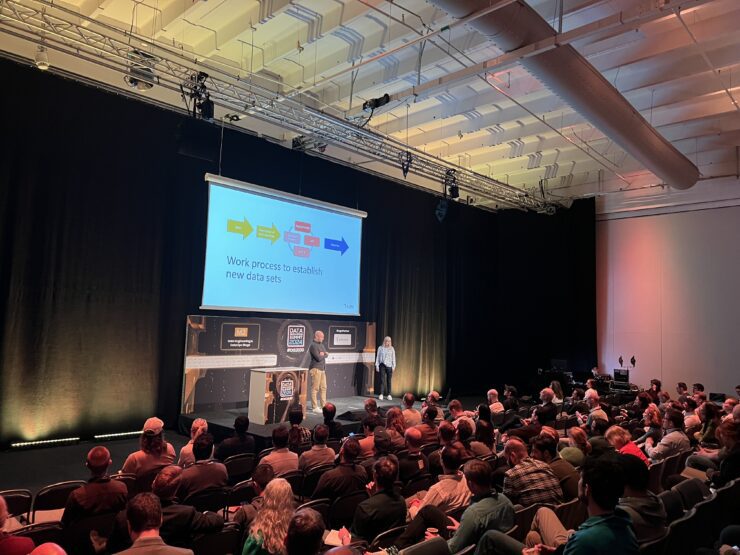
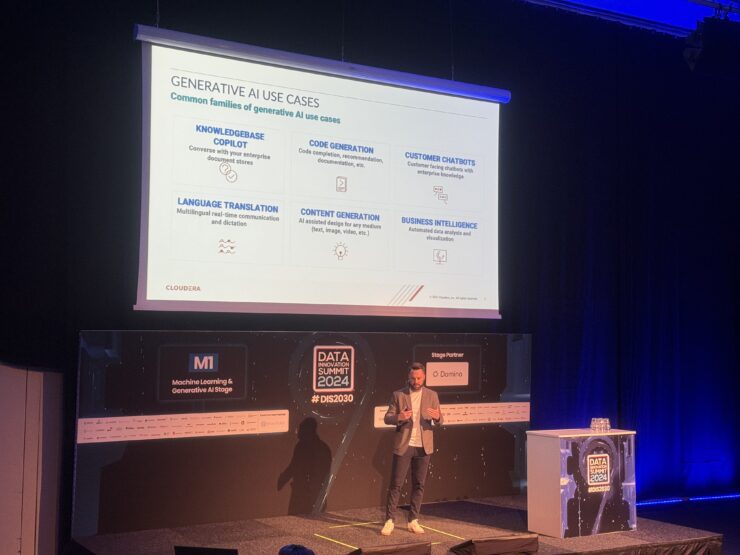
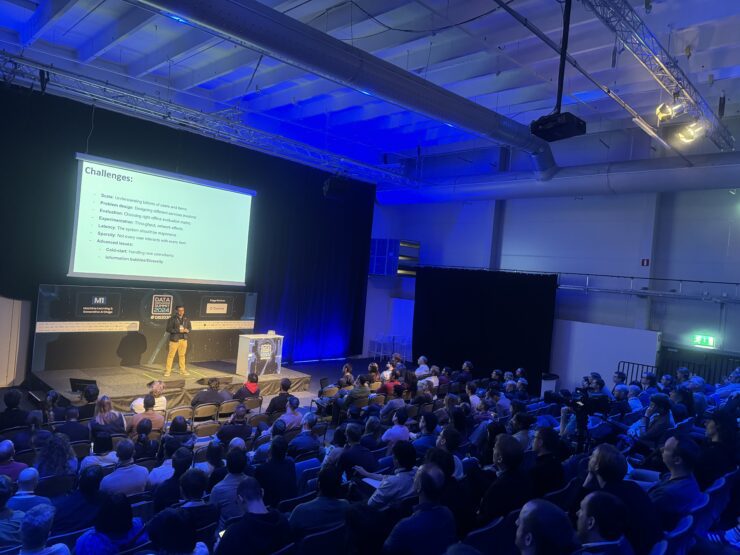
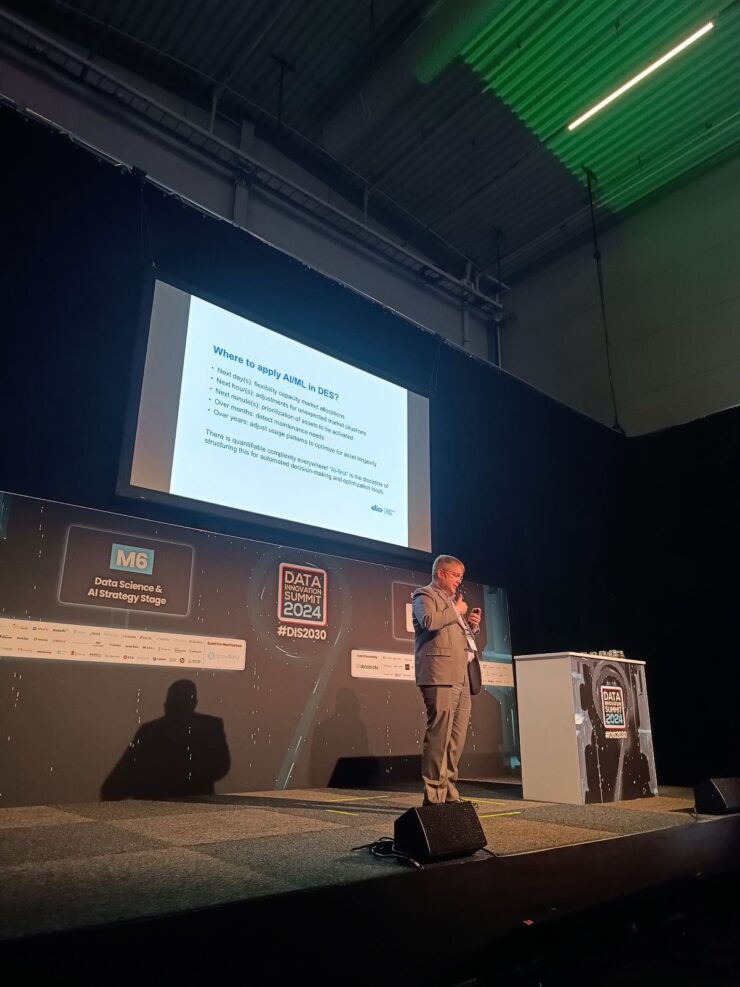
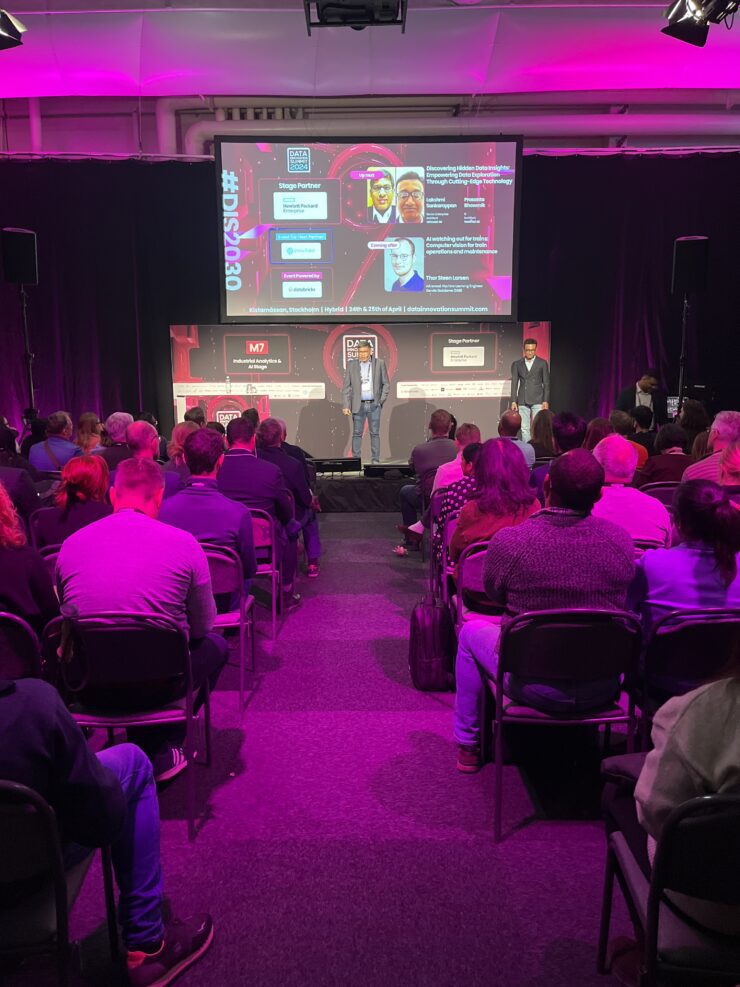
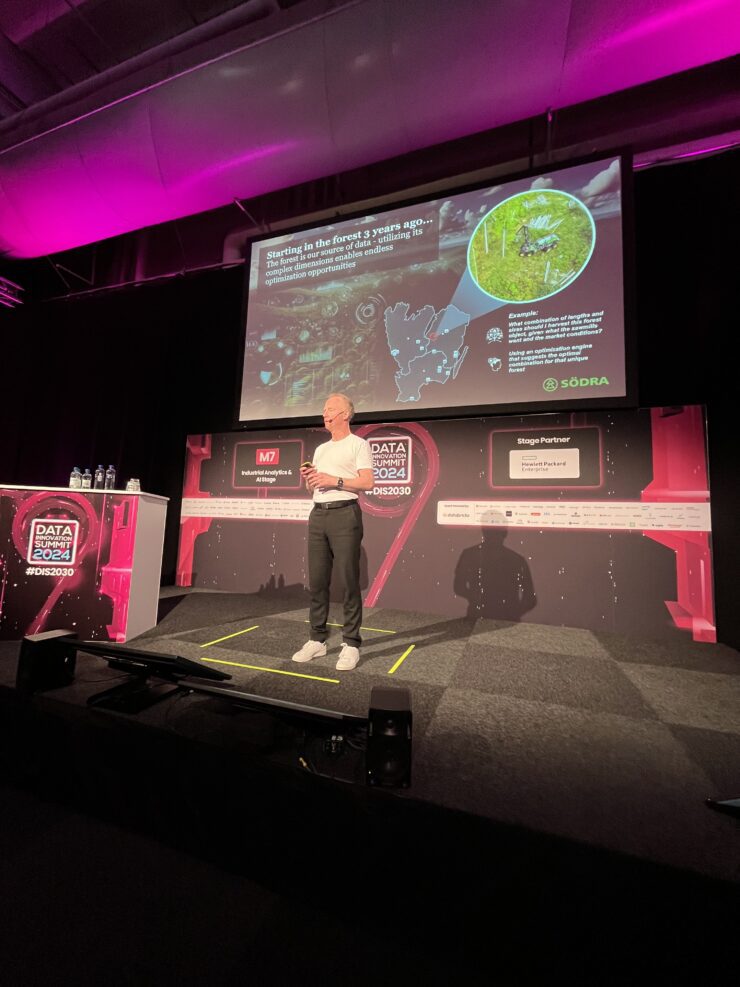
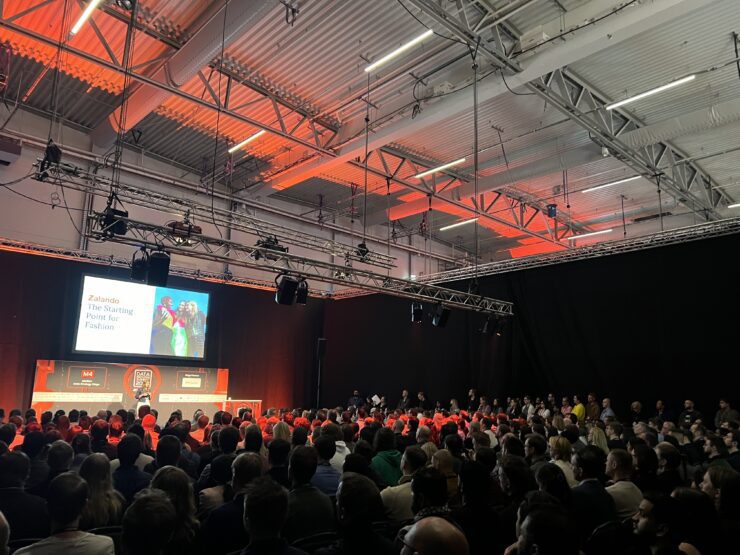
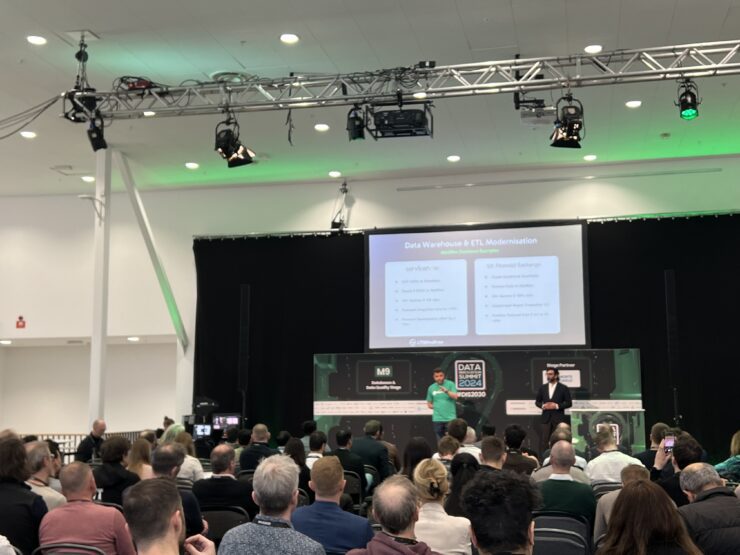
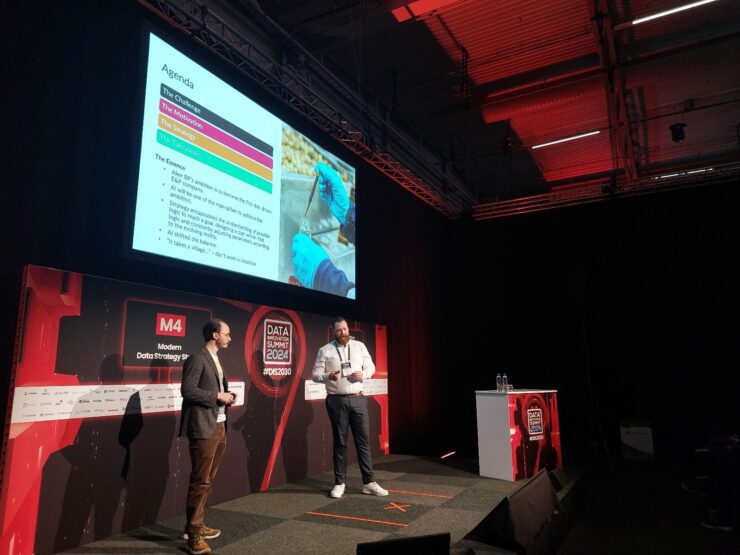
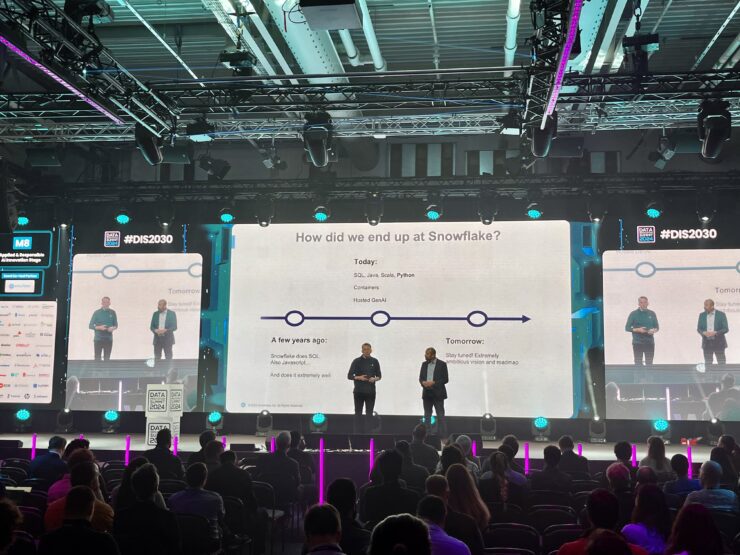
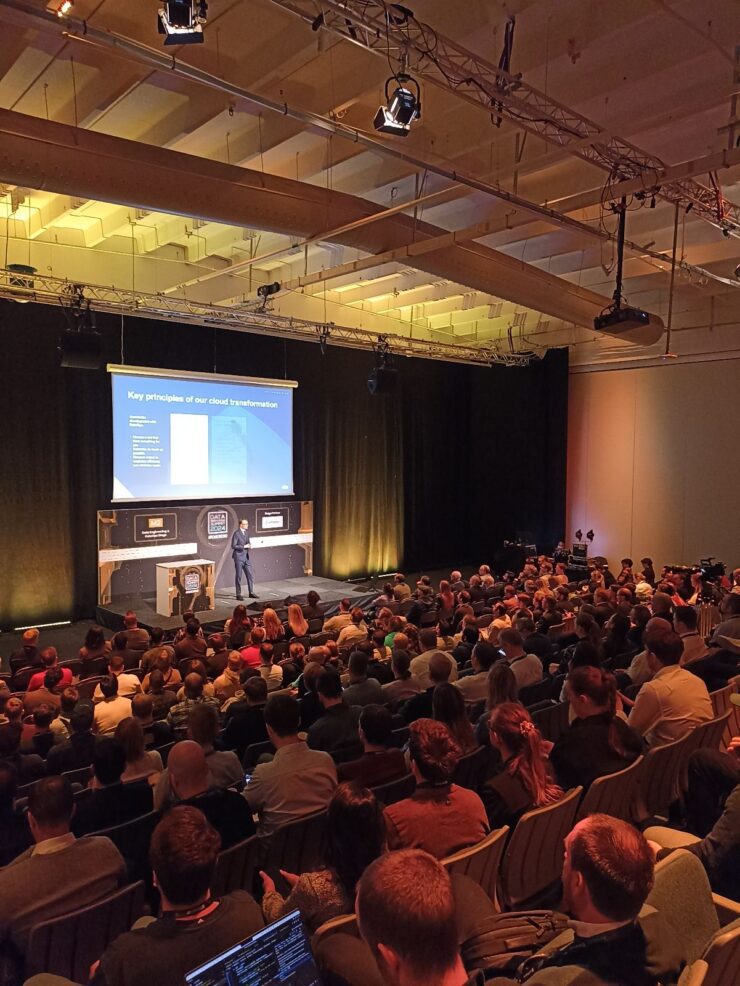
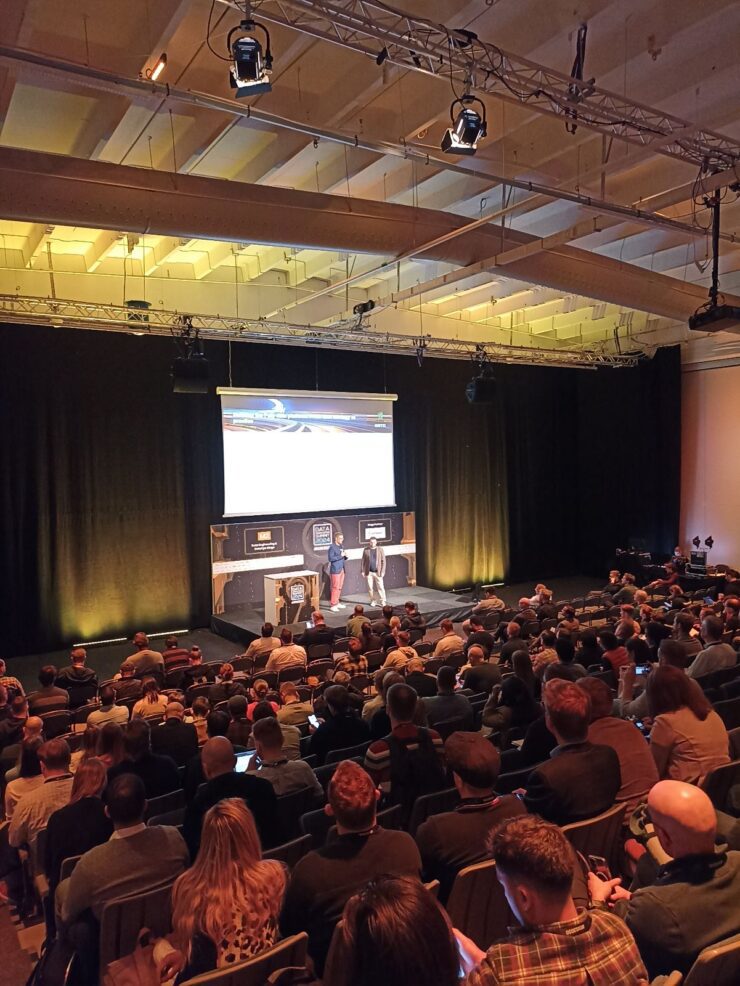
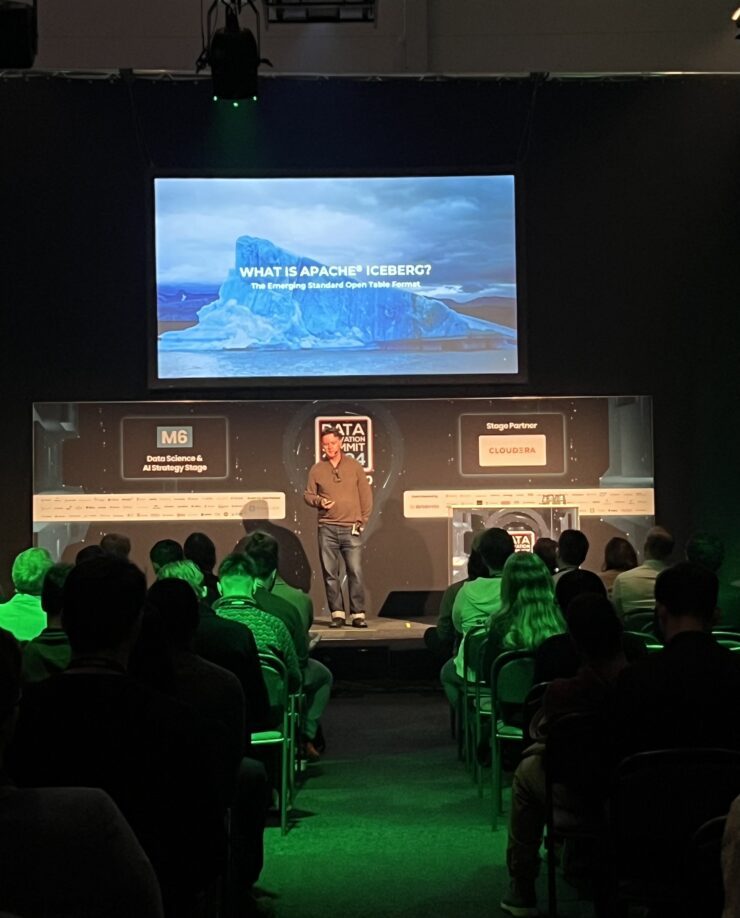
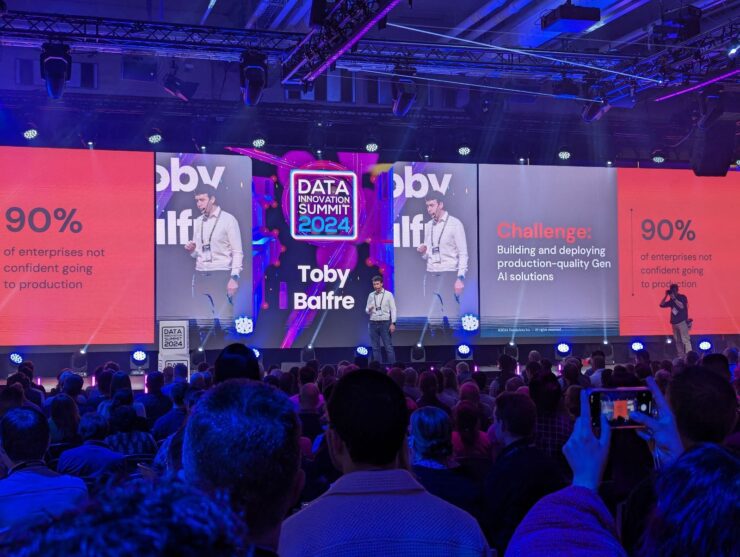
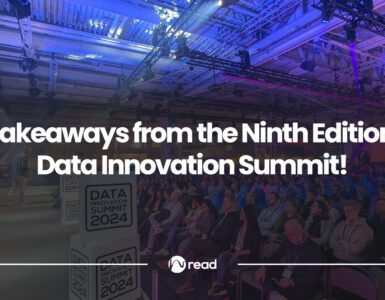

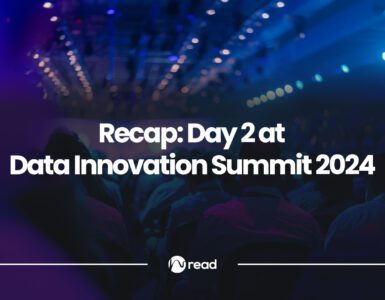











Add comment